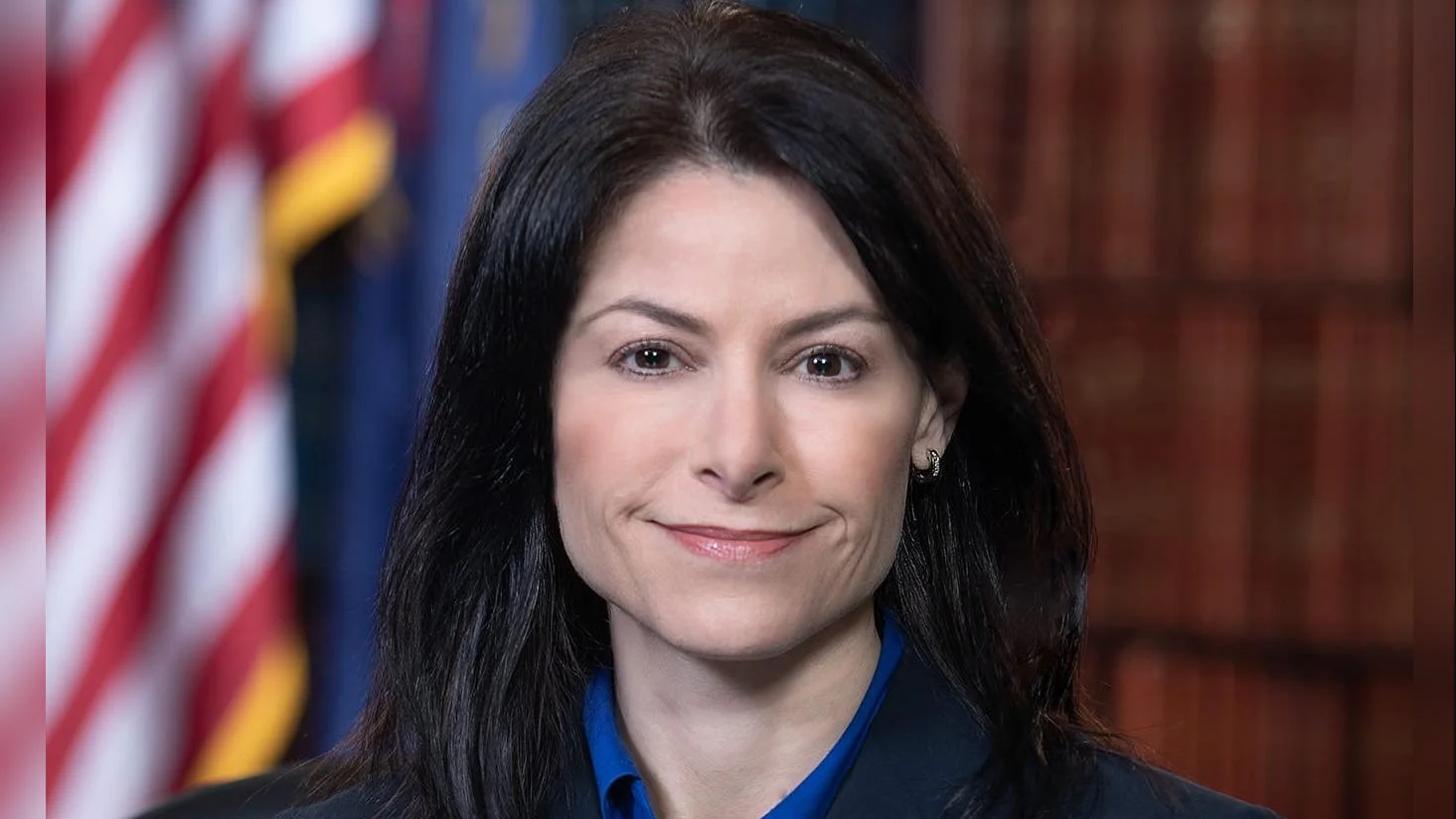Attorney General Dana Nessel | Official website
Attorney General Dana Nessel | Official website
The Michigan Department of Attorney General is set to present oral arguments before the Michigan Supreme Court in the case of People v. Carson. This case is expected to impact how courts in Michigan interpret the Fourth Amendment with regard to cell phone search warrants. A review was granted in April 2024 to tackle constitutional concerns following the Michigan Court of Appeals’ decision to overturn Michael Carson’s convictions on Fourth Amendment and double jeopardy grounds.
Carson was convicted in October 2020 by an Emmet County jury for several felonies, including the theft of nearly $70,000 from his neighbor’s safe. His convictions included charges of safe breaking, larceny, receiving or concealing stolen property, larceny from a building, and conspiracy to commit these offenses. Text messages obtained from Carson's phone, which were authorized by a search warrant, were used as evidence at his trial.
Carson appealed, asserting ineffective assistance of counsel for not challenging the validity of the search warrant. In February 2024, the Court of Appeals overturned Carson's convictions in a 2-1 decision, declaring that the search warrant violated the Fourth Amendment's particularity requirement. The majority argued that the warrant improperly allowed for a comprehensive search of Carson’s phone and that the good faith exception did not apply as the warrant was deemed facially deficient.
Michigan Attorney General Dana Nessel petitioned the Michigan Supreme Court, contending that the Court of Appeals erred in its ruling by alleging:
- The search warrant lacked sufficient particularity under the Fourth Amendment.
- The Court failed to separate valid warrant portions from any potentially overbroad sections.
- The good faith exception was misapplied.
- Carson’s trial counsel was ineffective for not challenging the warrant.
Nessel argues that the Court of Appeals set an impractical standard for cell phone search warrants. According to Nessel, such a standard would require investigators to specifically identify phone subfolders or applications, despite the warrant detailing the crimes under investigation and the sought digital evidence.
“This erroneous decision has no foundation in law and ignores the reality that criminals do not neatly label their crimes for law enforcement to find,” Nessel stated. She further emphasized the potential impact, noting, “By imposing an unrealistic and unsupported standard of specificity on cell phone search warrants, the Court of Appeals has jeopardized countless past, pending, and future cases across our State and set a dangerous precedent that threatens to hinder the ability of law enforcement to effectively investigate crime. I hope that the Michigan Supreme Court reverses this ruling and restores a reasonable, constitutionally sound framework that allows law enforcement to protect our communities.”
The Michigan Supreme Court is scheduled to hear oral arguments on April 10.






 Alerts Sign-up
Alerts Sign-up